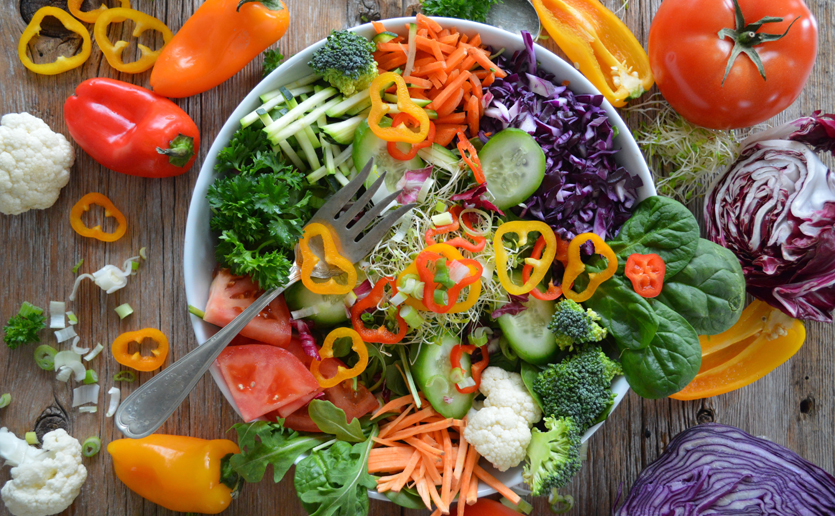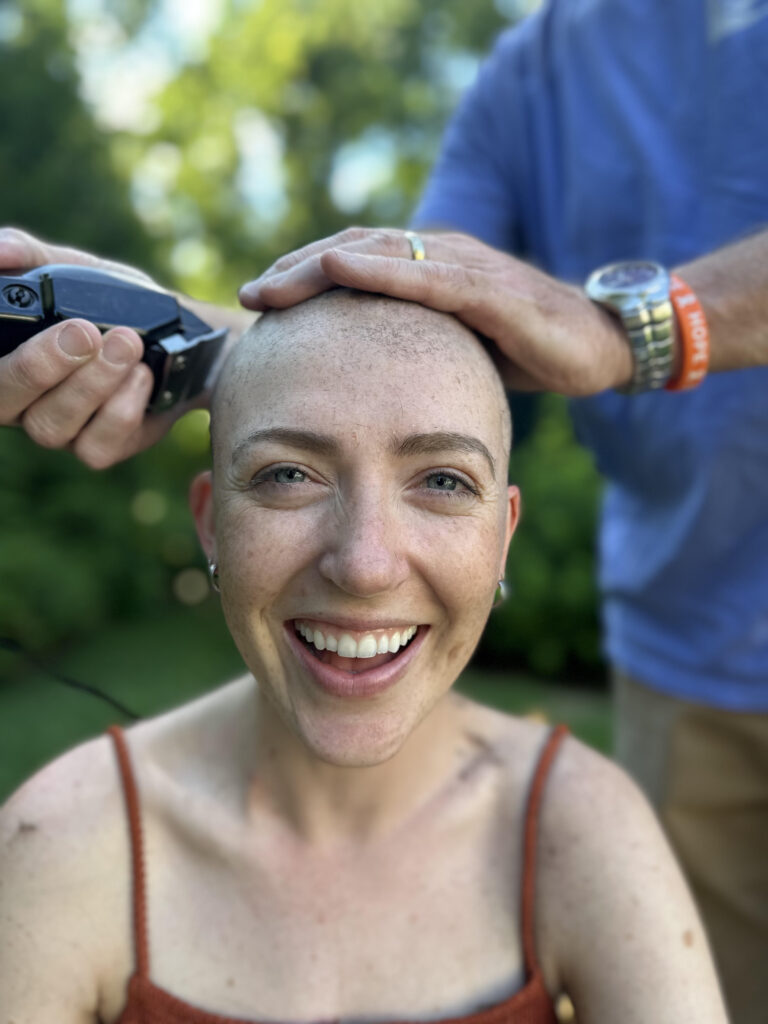Many people seek miracle cancer-fighting foods. Or a specific diet that will help with cancer prevention. Scientific studies have found no such solutions yet. Unlike cardiovascular disease or diabetes, where diet appears to be a major risk factor, food does not have as clear or consistent a role in developing cancer, says Andrew Chan, MD, MPH, a Massachusetts General Hospital gastroenterologist and director of Cancer Epidemiology at the Mass General Cancer Center. Dr. Chan is also a Stuart and Suzanne Steele MGH Research Scholar 2017-2022.
Addressing obesity and diet is one cancer prevention strategy that the health care system can focus on to help patients, Dr. Chan says.
However, studies have found diet can be a contributing risk factor in some cancers, like colorectal. For other cancers, the dietary guidance is not as clear.
“I hesitate to say there are cancers for which diet does not matter,” Dr. Chan says. “But I do think there are certain cancers for which there is incomplete information and other factors are probably more important.”
Dr. Chan advises improving one’s overall diet, instead of worrying about miracle foods. One good choice is a Mediterranean diet made up primarily of fruits, vegetables and whole grains, and also low in red meat and high in fish.
He also underscores the importance of evaluating research studies on cancer and diet.
Colorectal Cancer and Diet
The incidence of colorectal cancer has slowly been increasing in the United States among people younger than 50, according to an American Cancer Society study. Researchers think one reason is the American diet, which is packed with red meat, starchy foods and concentrated sweets and desserts.
Studies have found one way to reduce the risk of colorectal cancer is to improve your overall diet. Keep in mind these tips:
Eat less
- red meat
- starchy foods, such as potatoes, white bread, white pasta and white rice
- concentrated sweets, such as sugary sodas and juices, cupcakes
Eat more
- fish
- whole grains, such as brown rice and whole-grain bread
And consider taking calcium supplements. According to the National Cancer Institute, the strongest association between calcium consumption and lower colorectal cancer risk is among people who take calcium supplements of 500 mg or more daily.

A diet high in red meat, starchy foods and sweets also has been linked to an increased risk of other gastrointestinal cancers, including stomach cancer, pancreatic cancer and liver cancer, Dr. Chan says.
Obesity and Cancer Risk
Obesity is considered a risk factor for many cancers, in particular colorectal cancer. The list also includes esophageal, liver and breast cancer.
Two ways to address obesity are to focus on a healthy diet and increase physical activity. Interestingly, drinking coffee may also help; data show that those who drink coffee are less likely to be obese or have metabolic diseases such as diabetes. Addressing obesity and diet is one cancer prevention strategy that the health care system can focus on to help patients, Dr. Chan says.
Grilled Food and Alcohol
Two pleasures many enjoy, grilled food and alcohol, may be associated with an increase in the risk of some cancers.
Dr. Chan says “pretty consistently” studies have found that cooking meat at high temperatures, which includes grilling, is linked to higher colorectal cancer risk.
Charring food changes the food’s make-up, creating cancer-causing compounds. He advises people to avoid burning meat and limit the amount of grilled, red meat in your weekly diet. “Certainly, grilling in moderation is fine,” he says. It is not clear if grilling fish poses the same risks, he adds.
Studies have found grilling can increase cancer risk. Keep in mind these tips:
- Grill in moderation
- Don’t char or burn meat, especially red meat
As for alcohol, the equivalent of about one glass of wine per day does not appear to be associated with a higher risk of certain cancers, but two or more alcoholic drinks per day may be a concern, Dr. Chan explains. The Centers for Disease Control and Prevention (CDC) says moderate alcohol consumption for women is one glass a day. For men, it’s up to two glasses. According to the CDC, heavy drinking and binge drinking can increase cancer risk for mouth and throat cancer, voice box, esophageal, colorectal, liver and breast cancer in women.
Alcohol Recommendations:
- If you drink alcohol, consume it only in moderation (one drink per day for women, up to two for men)
- Don’t binge drink (multiple drinks on one occasion)
Special Foods and Cancer Prevention
In the future, there may be more specific diet recommendations related to cancer prevention. Dr. Chan points to breast cancer and prostate cancer, two common cancers that he thinks may be somewhat impacted by diet. He says studies have already found that tomatoes, because of the antioxidant lycopene, may be associated with a lower risk of prostate cancer.
While Dr. Chan and colleagues are involved in ongoing research to sort out dietary questions, there is still much to be gained by engaging your physician in a conversation about diet and cancer risk, Dr. Chan says.
To learn how you can support patient care, cancer research, clinical education and community outreach at Massachusetts General Hospital, contact us.





